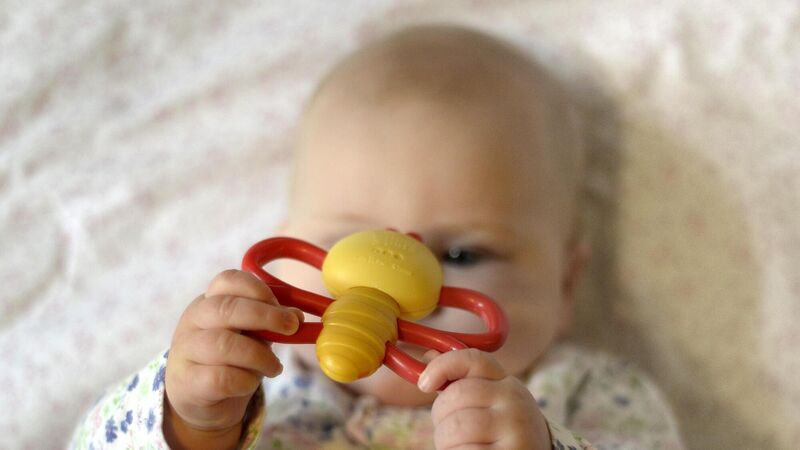Lockdown affected communication skills of pandemic-born babies, study finds

'Severely restricted social circles are likely to have led to babies hearing fewer words and conversations with those outside the family home, and if they did it was likely to be between masked adults,' report said.
Lockdown restrictions affected the communication skills of some babies born during the early days of the covid pandemic, research has found, prompting a need for additional screening and supports.
The study is the first to highlight a mild communication deficit in babies born during the pandemic, according to co-author Professor Jonathan Hourihane.










